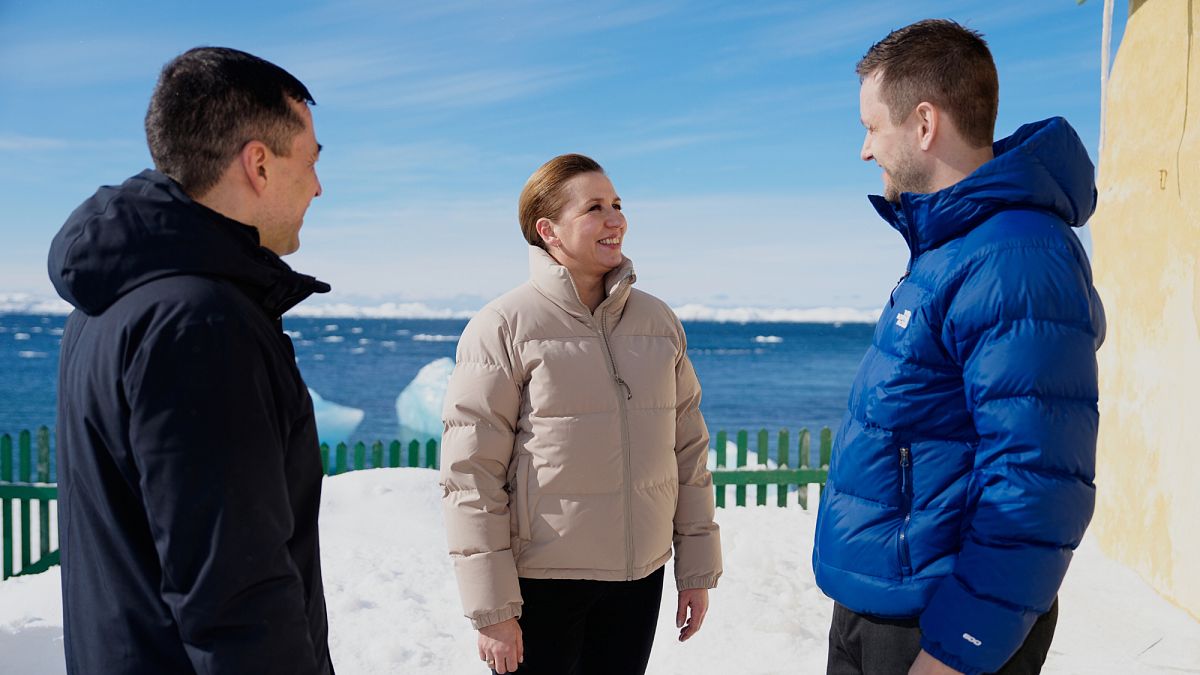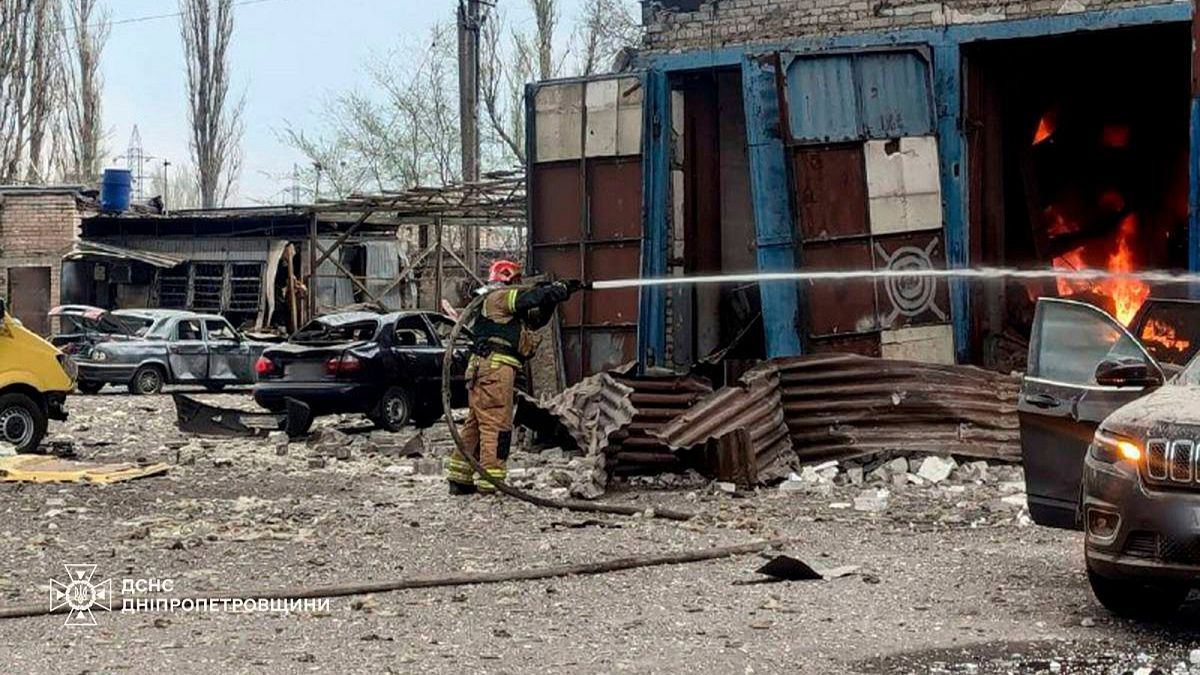Climate change is often associated with numbers and scientific reports, but through her photos, Horvath wants to show the humans behind the scientific data.
Esther Horvath’s photographs forming the centre of a new exhibition were taken at a research village said to be the epicentre of global warming.
She stressed that climate change does not happen overnight. The research observing its effects is arduous and needs patience and Horvath's photography documents the process.
Since the 1990s, more and more women have become involved in that work.
"You can be a fragile woman and still love the cold and go on a challenging journeys like this," she said, "I would like to give an inspiration with these pictures to the young generation."
Through her photography, Horvath focuses on the humans behind the scientific research on climate change.
"This Norwegian climate research village, Ny-Ålesund, which is the subject of this exhibition, was founded in 1963 and since then research has been going on every day without exception."
Horvath has photographed 25 Arctic exploration expeditions since 2015.
Her work has been recognised with the World Press Photo First Prize and the National Geographic Wayfinder Award, among others.
The photo exhibition "Night Stars of the Arctic" can be seen at Capa Center in Budapest from 25 October to 31 January.
Watch more in the player above.

 5 months ago
54
5 months ago
54






 We deliver critical software at unparalleled value and speed to help your business thrive
We deliver critical software at unparalleled value and speed to help your business thrive






 English (US) ·
English (US) ·